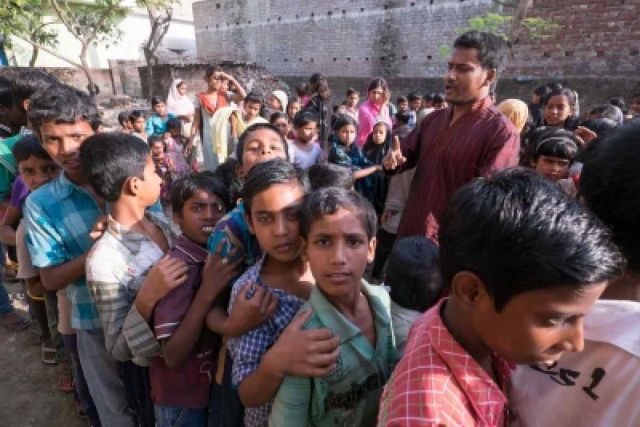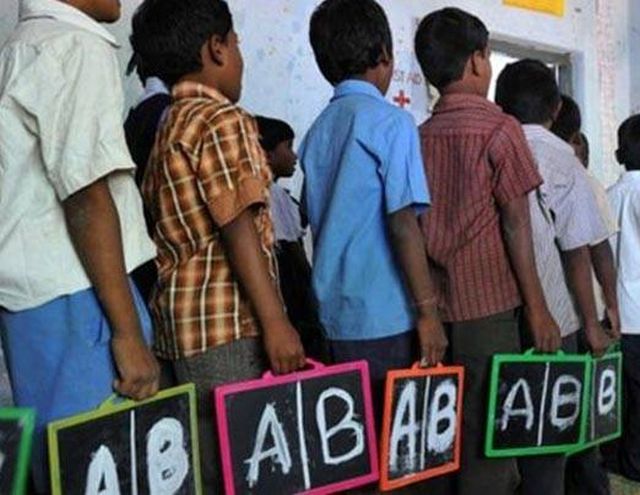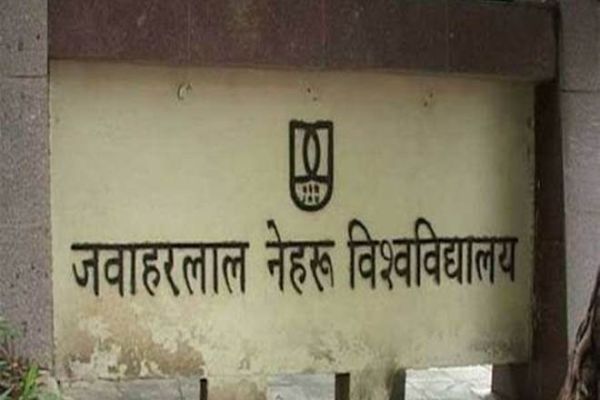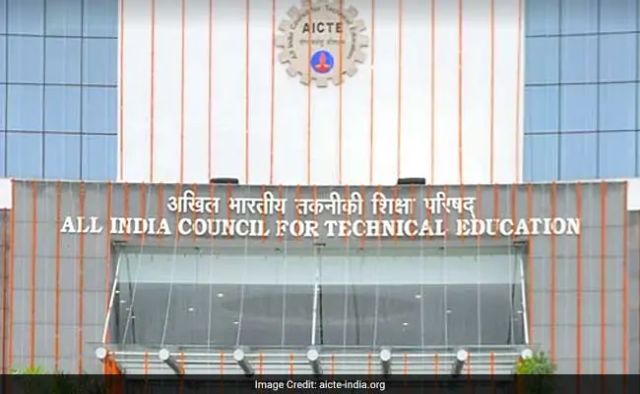
by Editor | May 25, 2021 | Entrepreneurship, Interviews, News, Social Entrepreneur, Success Stories
 By Bhavana Akella,
By Bhavana Akella,
Murshidabad (West Bengal) : Walking home from school in a small town in West Bengal, a nine-year-old boy saw some of his friends work as rag-pickers. The thought that his companions were unable to study like him because they were poor so agonised the young Babar Ali that he decided to do something about it and bring school to those who could not afford it.
Determined to share his education as a fifth grader at a state-run school at Beldanga town in Murshidabad district, about 200km north of Kolkata, he turned teacher to his poor friends in the backyard of his own home. With a dream to make India’s children have access to quality education despite their economic backgrounds, he has been, over these many years, a silent crusader imparting education to hundreds of poverty-stricken child labourers in the state.
“I couldn’t tolerate my friends picking garbage while I attended school. So I asked them to join me in the roofless backyard of my home, so I could teach them how to read and write,” Babar, now a 25-year-old youth, recalled to IANS in an interview.
That backyard became Babar’s school, Ananda Siksha Niketan (meaning Home for Joyful Learning), in 2002, making him possibly the world’s youngest headmaster.
“My school began with a total of eight students, including my five-year-old younger sister Amina Khatun. We sat together under a guava tree for three hours every afternoon learning to read, so that the children who worked as rag-pickers or ‘beedi’ (handrolled cigarettes made of unprocessed tobacco) rollers could continue to work in the mornings,” recalled Babar.
With a population of about eight million, Murshidabad district has a large section of its adults and children working as daily-wage labourers in farms and rolling beedis. The district is among the largest manufacturer of beedis in the country. Collecting used-up chalk pieces from his school, Babar continued to teach children in his neighbourhood how to read and write in Bengali along with basic math, science and geography, completely free of cost, while he was in school himself.
“Teachers at my school thought I was stealing chalk to scribble on the walls, but after they learnt that I was teaching other children at my home, they began to offer me a box of chalk each week,” shared Babar.
The support from his mother Banuara Bibi, an anganwadi worker, and father Mohammad Nasiruddin, a jute trader, both of whom were school dropouts, allowed him to pursue his vision to create an educated neighbourhood, he said.
“The children I have been teaching receive very little support from their families and are often left to fend for themselves. With help from my family and teachers at school, I have been able to run my school and provide the kids with uniform, books and other reading material,” added Babar.
Admitting that it was a difficult task convincing families to send their children to his home school, Babar said he gradually won the trust of parents as students grew fond of him and enjoyed his classes.
Donations from teachers at his school, district officials, Indian Administrative Service (IAS) officers from the region and other individuals has kept Babar’s institution running through the years — and in 2015, it shifted into a building near his home, with a recognition as a private school from the West Bengal School Education Department.
“The focus is on holistic education at Ananda Siksha Niketan, as I want the students to positively impact the society through whatever professions they choose in the future,” he stressed.
In a span of about 16 years, from 2002 till date, Babar has taught more than 5,000 children from Classes 1 to 8 — a few of whom have have returned to his school to work as teachers.
“Six of my former girl students have returned to the school as teachers after finishing their under-graduation courses,” said Babar, who holds a MA in English literature from the University of Kalyani, about 50 km from Kolkata.
Pursuing another Masters in History from the same university, Babar remains an ambitious headmaster who wants to bring about change in the district’s poor female literacy rate, which stands at just above 55 per cent, according to data from the district administration.
“Several families are still reluctant to send their girls to a school and prefer to marry them off in their teens, but through continuous effort we are seeing a change in their attitudes. Parents are realising the need for education as children are in turn helping them read, make a signature on paper and write,” he added.
The co-education school currently has 500 students, 10 teachers and one non-teaching staff, with classes from 1 to 8.
“We require more classrooms and infrastructure as our building can accommodate only 350-400. I also want to expand the school up to Class 10 so that kids do not have to go to other towns for education.”
Babar, who is also a motivational speaker, offering talks across the country inspired by venerated Hindu monk-philosopher Swami Vivekananda’s (1863-1902) teachings, wants to set up more such schools catering to the poorest sections across the country.
“Education for all will remain my life mission and, to realise that, several institutions and individuals need to come together,” he reiterated.
Babar’s inspiring journey has also made it to the first year English text book of pre-university (Class 11) in Karnataka’s state board and Class 10 communicative English text of the Central Board of Secondary Education (CBSE).
“Governments alone cannot change the system. We need people of all sections to come forward and work together to bring in quality education for all our country’s children, irrespective of their social classes,” stressed Babar.
(The weekly feature series is part of a positive-journalism project of IANS and the Frank Islam Foundation. Bhavana Akella can be contacted at bhavana.a@ians.in)
—IANS

by Editor | May 25, 2021 | Entrepreneurship, Social Entrepreneur

Representational Image
By Binita Das,
Purulia : They spend a part of their salary to beautify the school premises, come up with novel teaching ideas, try and make the ambience education-friendly and, above all, ensure the holistic development of their students whose numbers have quadrupled from 20 to 79.
Meet Pratap Mahato, the headmaster, and Rupali Mahato, the only assistant teacher, of a “unique” primary school in West Bengal’s Purulia district.
“Since I joined the school in 2014 I endeavoured to make it unique to attract students and give them all-round development. For this, I and the assistant teacher have been spending Rs 4,000 from our salary every month,” said Pratap Mahato, the headmaster of Gundlubari Primary School in Hura block.
Once you step inside the attractively clean school premises laced with greenery, beautiful flowers and wall graffiti, you come across little personalities like ‘Prime Minister’, ‘Health Minister’ and so on!
“As per Right to Education Act, schools must form a child cabinet. Other schools make it, but it’s mostly on pen and paper. I selected students as ‘Ministers’ to include them in our activities and make them responsible,” Mahato told IANS.
Taking his duty seriously, Pratik Mahato, 9, a student who assists the ‘Health Minister’, said: “We see to it that every student washes their hands properly before eating. We take care of the garden with medicinal plants.”
Pratik said neem can help fight germs and aloe vera is good for the skin.
The headmaster recalled that when he joined the school, the infrastructure was not up to the mark and hardly 20 students used to turn up. He held meetings with the villagers and motivated the children to come to school. Now, the student strength has gone up to 79.
“Most of the families are poor daily wage-earners. Previously they stayed away for six months in search of jobs taking their children along. Now they leave their children with other family members because they see a future for their children and themselves in a better school environment. Hence there are hardly any dropouts here,” he added.
The library is stocked with books and handmade crafts made by the students from reused material. The healthy mid-day meal kitchen employs cooks from self-help groups (SHGs)who are never seen without masks and aprons. The meditation room is a big draw among pupils.
These features make the school stand out.
“To make the wash basin student-friendly I suggested the taps be placed at various heights,” said Mahato, whose mind seems to be brimming with new ideas.
The walls are painted with picture stories, quotes and the like. One of the two class rooms has a projector. One corner of the school premise has a tank that is used for rain-water harvesting.
Talking about other activities, Rupali Mahato, the assistant teacher said: “Through our own initiative, we have arranged for extra classes like dancing, drawing, singing and gardening. All the extra expenditure is borne out of the fund that both of us contribute every month.”
“I am thankful to our BDO for helping us with a computer, an LPG gas connection, fire extinguisher and for always supporting us. The teachers and students take care of the garden and all the things. If there is any other work the villagers have also helped us,” the headmaster said.
(Binita Das was in Purulia on a media visit organised by the Purulia District Administration and Unicef, West Bengal. She can be contacted at binita.d@ians.in)
—IANS

by Editor | May 25, 2021 | Branding, Markets, Online Marketing, Social Media, Technology, World
 San Francisco : Facebook has launched in the US free online education programme CodeFWD to increase the numbers of underrepresented and female students interested in pursuing computer programming.
San Francisco : Facebook has launched in the US free online education programme CodeFWD to increase the numbers of underrepresented and female students interested in pursuing computer programming.
“We’re working on a number of initiatives like CodeFWD to widen the pipeline of diverse talent studying computer science so the next generation of tech innovators reflects and incorporates diverse perspectives, building a future that benefits us all,” Lauryn Ogbechie, Education Partnerships Director at Facebook, said in a statement on Tuesday.
Created in partnership with connected toys maker Sphero, CodeFWD by Facebook, has been designed for both English and Spanish speakers.
It is a three-step programme where educators and organisations introduce computer programming to 4th to 8th grade students.
With the first module “I do”, CodeFWD prepares educators to introduce the basics of computer programming to their students, even as they may be discovering the concepts themselves.
The “We do” module lets educators and students learn together. And the “You do” is designed to help students practice their new skills.
“After completing these three steps, educators who want to continue developing their students’ coding skills using a tangible, hands-on product can apply to earn a free classroom set of programmable robots from our partners at Sphero,” Ogbechie said.
—IANS

by Editor | May 25, 2021 | News, Politics
 New Delhi : About 70 per cent of the Jawaharlal Nehru University (JNU) students cast their ballots on Friday to elect their candidates for top posts in one of the most charged campus elections in the country.
New Delhi : About 70 per cent of the Jawaharlal Nehru University (JNU) students cast their ballots on Friday to elect their candidates for top posts in one of the most charged campus elections in the country.
A total of 5,185 votes were polled out of 7,650, according to the information received by the Election Committee, which comprises university students.
Unofficial sources said this was first time that so many students have turned up to vote in the union election.
The election is primarily for the posts of President, Vice President, General Secretary and Joint Secretary. Currently, all the four posts are held by Left’s Geeta Kumari, Simone Zoya Khan, Duggirala Srikrishna and Shubanshu Singh, in that order.
This year, there are eight candidates in the fray for the post of President. AISA, AISF, SFI and DSF, all leftist groups active in campus politics, have come together — like last year except AISF, which had its own president candidate — to form an alliance and have fielded International Studies scholar N. Sai Balaji as their presidential candidate.
The Rashtriya Swayamsevak Sangh-affiliated student wing Akhil Bharatiya Vidyarthi Parishad (ABVP) has fielded Lalit Pandey for the same post.
The Congress-backed National students’ Union of India (NSUI) has chosen Vikas Yadav as its presidential candidate, who is a student of Inner Asian Studies. Yadav escaped dismissal of his candidature last Friday when the Grievance Redressal Committee of the university recommended nixing of his nomination for being a subject of a disciplinary action by the university authorities for protesting and blocking the roads of campus.
The recommendation was, however, rejected by the Election Committee.
Another presidential candidate is Jayant Kumar from the student wing of Lalu Prasad Yadav’s Rashtriya Janata Dal. Though considered a lightweight originally, Kumar raked in a lot of applause from all stripes of students in the Wednesday’s presidential debate, in which he castigated Left and Right both for their “hypocrisy” in an impeccable speech.
The results of the election are likely to be announced on Saturday.
—IANS

by Editor | May 25, 2021 | Entrepreneurship, News, Startup Basics
 Chandigarh : The AICTE has initiated a policy under which universities and colleges along with their normal courses will start entrepreneurship courses, a senior functionary said on Friday.
Chandigarh : The AICTE has initiated a policy under which universities and colleges along with their normal courses will start entrepreneurship courses, a senior functionary said on Friday.
Professor Anil D. Sahasrabudhe, Chairman, All India Council for Technical Education, New Delhi (AICTE) said that there was a need to create a support system for students, including more internship programme or skill programme to hone the skills of students.
“We need to bring students into ‘start-up culture’ and provide a platform where they can convert their bright ideas into innovation,” Sahasrabudhe told media on the occasion of the 51st annual day of the National Institute of Technical Teachers Training and Research (NITTTR).
“We should focus on start-ups. The AICTE, has made its own start-up policy through which universities and colleges along with their normal courses will start entrepreneurship courses,” he said.
The role of the AICTE, he said, was not just of a regulator but also as a facilitator committed to improving the quality of technical education.
He said laboratories and research centres should be opened for 24 hours for students so that they can do research and draw new ideas.
“Indian students have a lot of potential, we need to identify and channelize their ideas in a right direction,” he said.
Professor K.K. Talwar, Chairman of the board of governors of NITTTR, advised the faculty and staff of the institute to rededicate themselves to achieving the objectives and meeting the challenges posed by the dynamic and fast changing socio-economic environment in the country.
He emphasised institutional involvement in improving the healthcare system of the country.
—IANS





